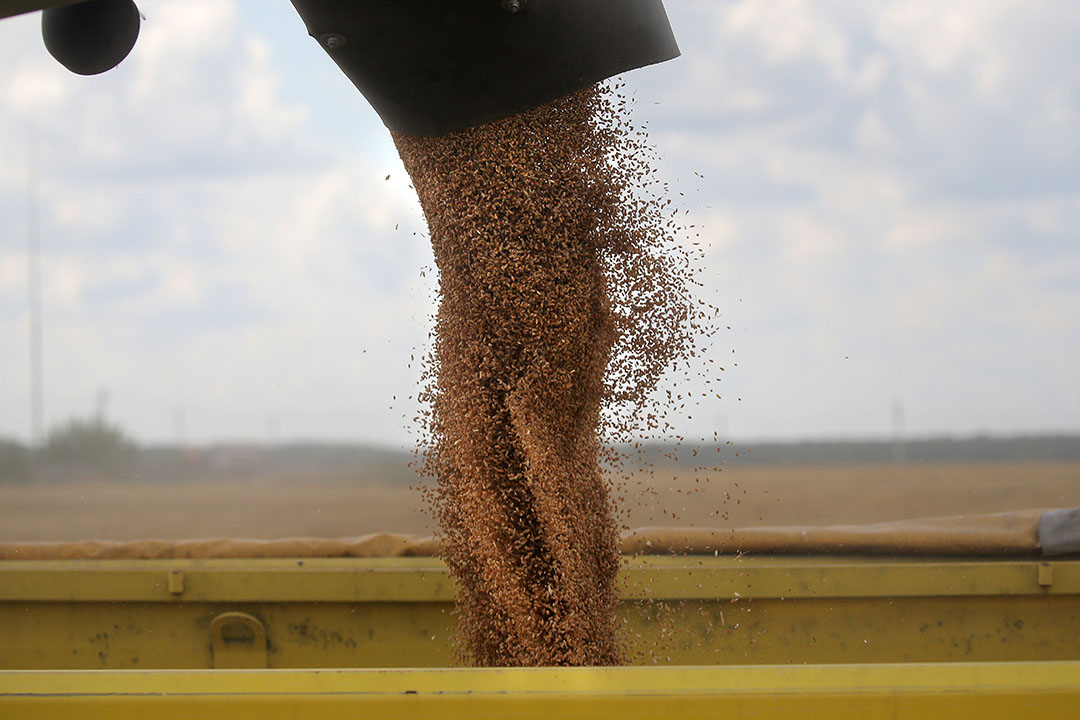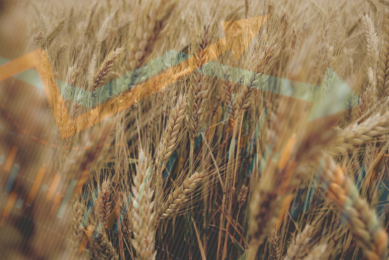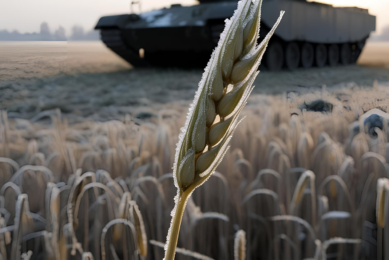Russian grain export quotas broke trade partners’ confidence

Alexander Korbut, vice president of the Russian Grain Union, says the quota prompted some importers to refrain from buying Russian grain.
Amid the Covid-19 pandemic, the Russian government imposed a quota of 7 million tonnes to limit exports of certain grains. The quota was introduced for the period from 1 April to 30 June 2020 in order to “ensure the agricultural security of Russian citizens,” and was put in place because of an upward price rally on the Russian grain market. Russian exporters exhausted the export quota two months ahead of schedule, resulting in a halt on grain exports from late April to 1 July.
Importing countries purchase grain elsewhere
Some importing countries were discouraged by the Russian decision to limit grain exports. When the government relayed their plans to introduce the export quotas, Bangladesh, for example, promised it would not buy any grain from Russia, Korbut said during an online conference held on 6 August. In the end, the country kept its promise by purchasing from Ukraine instead of purchasing Russian grain, Korbut added.
 Ukraine slightly increases feed production
Ukraine slightly increases feed production
During the 2019/2020 marketing year, Ukraine produced 6.2 million tonnes of feed, local analytical agency APK-Inform estimated.
Consequences of limiting exports
The decision to limit exports was not only taken by Russia, but also by Kazakhstan, which has been criticised by local market participants as well. Some of them warned that neighbouring countries would be “doomed to starvation” by their actions. Introducing quotas is a control measure, not one to regulate the market, and it is linked to some serious long-term consequences, Korbut warned.
 Russia may begin using food waste in feed production
Russia may begin using food waste in feed production
A draft bill allowing Russian feed companies to use expired food products has been recently registered by State Duma, the lower chamber of the Russian Parliament.
Furthermore, the decision has negatively impacted Russian grain farmers. Typically, they are approached by 2-3 grain exporters, but the export quotas have limited the number of companies authorised to sell grain abroad. As a result, farmers have only been approached by one grain exporter this season, and there was no price competition for grain supply, Korbut explained.











